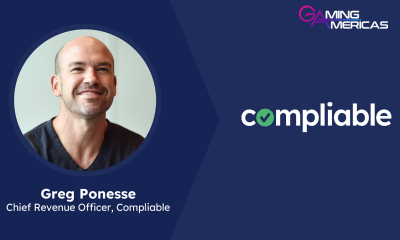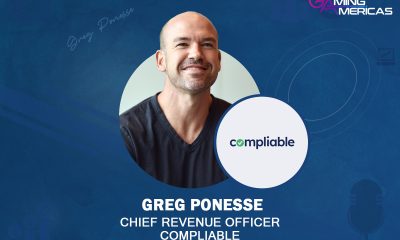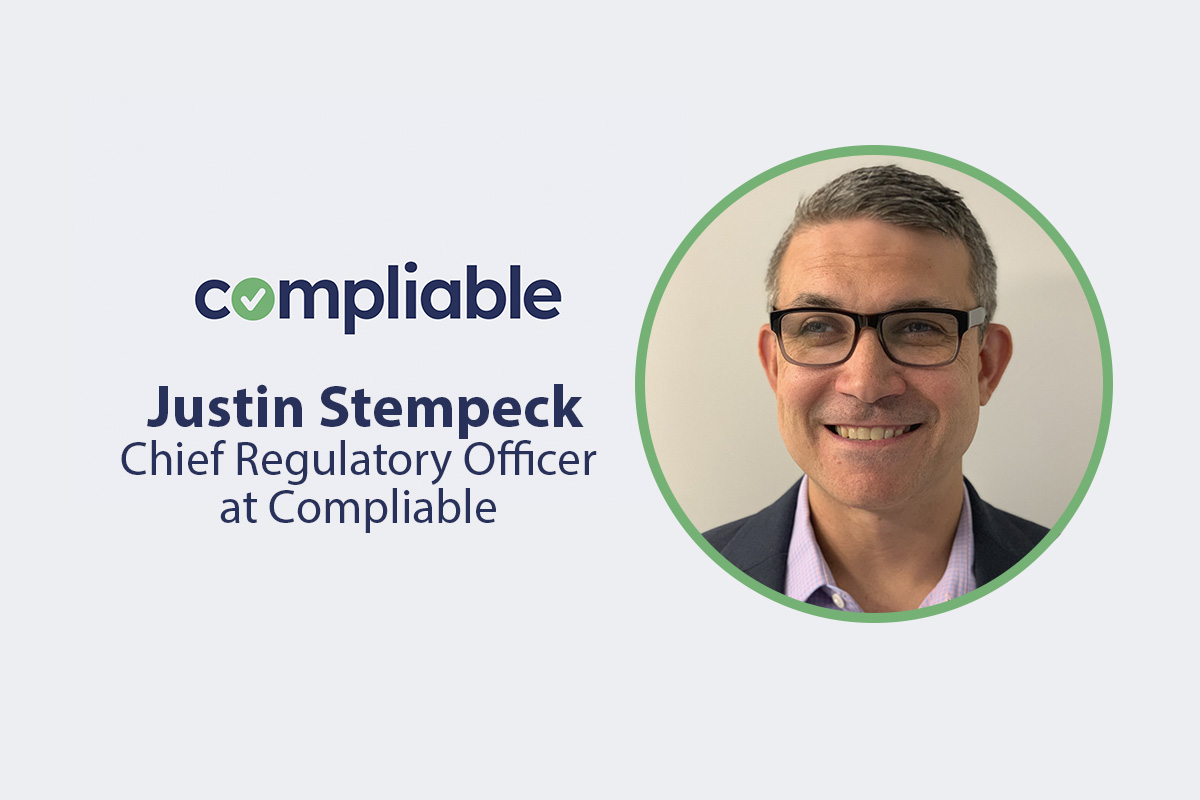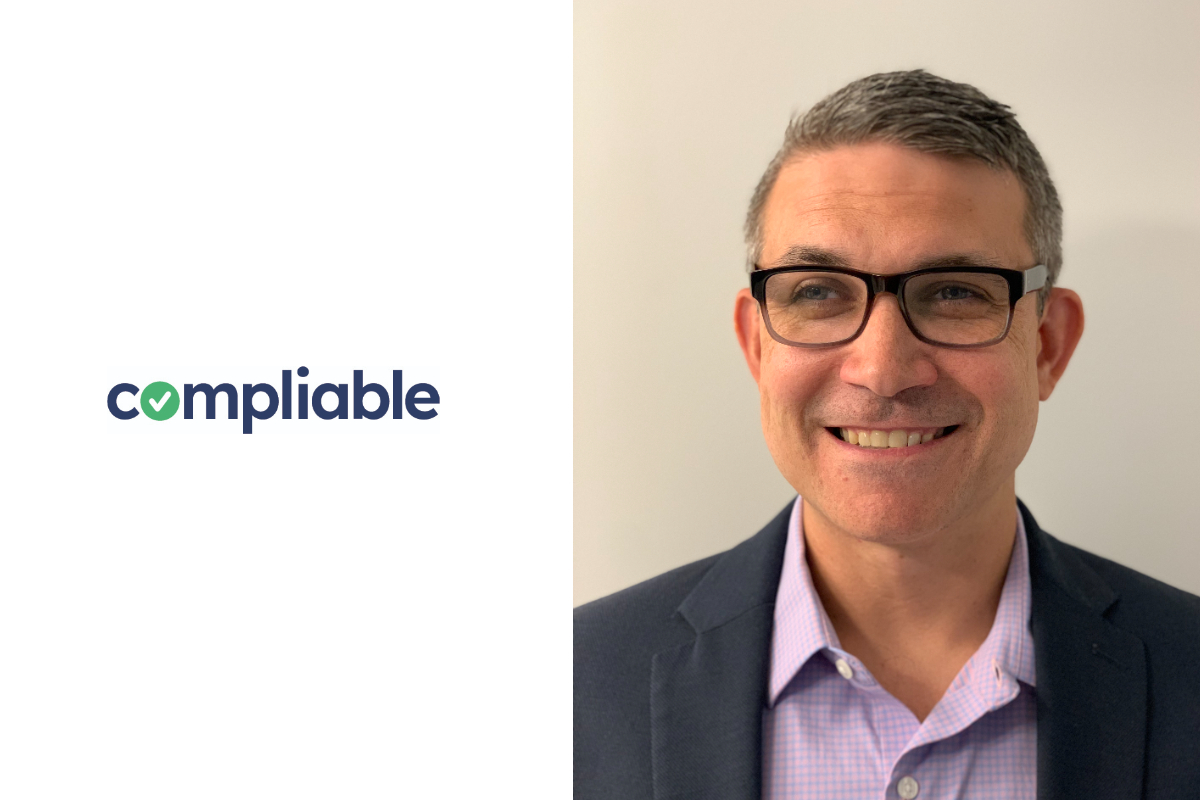Compliance Updates
Reputation matters – the importance of supplier licensing
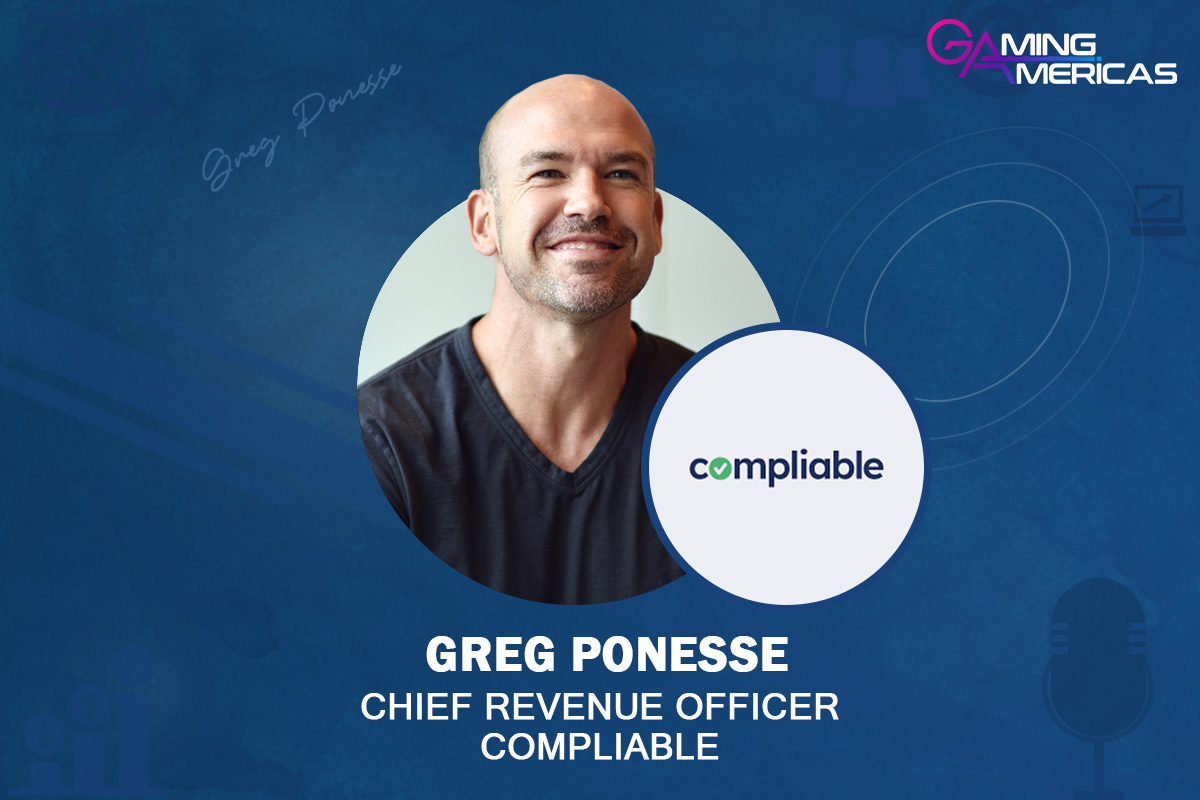
More and more jurisdictions are introducing licensing for B2B providers in an attempt to boost regulatory oversight and restrict black market activity with Sweden and Denmark recent examples. In this piece, we talk to Greg Ponesse, Chief Revenue Officer at Compliable, about how the increased compliance burden can favour suppliers’ standing in the iGaming ecosystem.
Have you seen a shift in attitudes from suppliers to only provide products in regulated markets?
We have seen that suppliers that have traditionally taken a .com approach are starting to move towards being licensed to secure additional revenue and more customers but also to improve their overall reputation and standing. The perception of brand integrity plays a big part of the decision-making process because some operator partners might be reluctant to work with suppliers if they have a mainly grey-market approach.
In the US, supplier licensing has always been the norm, so where we are seeing attitudes changing is primarily with European suppliers. Although most suppliers might have a few licenses that they need to manage in key markets, they are now better understanding the importance of being seen as fully compliant across the board as regulation changes and operators are looking for trusted partners.
Some of these brands are massive enterprises who are now trying to get a handle on how to manage all their licenses across multiple regions, and we have seen an increased interest in our software to support that.
What has been the driving force for this – regulator pressure or business strategy?
It’s a little bit of both. Regulator pressure is definitely a big one as gambling becomes more ubiquitous and mainstream. It’s the responsibility of the government to provide structure and regulation to ensure safety for consumers and many are starting to realize that suppliers play an equally important role in that as operators. We have recently seen examples of locally licensed suppliers being fined by regulators for offering their products to unlicensed operators, so providers need to be on the ball to ensure their reputation stays intact.
That said, the grey market suppliers up to this point have stayed in grey markets because that’s what was available to them. Now you’re seeing new markets opening up like North America, which has been huge, where all states require suppliers to be licensed. These grey market players that have previously focused on Europe now see that there’s revenue over there to be gained, so they need to pull up their socks and play the game.
As a business strategy, suppliers can only remain in black markets for so long, avoiding paying taxes and declaring revenue. In a competitive marketplace, suppliers can definitely benefit from being more established and having numerous licenses. Operators might be wary to work with companies that don’t take compliance seriously so being able to show that you have X number of licenses and that you have infrastructure in place shows that you’re serious, and that you know what you’re doing. It kind of sets the table for you to have a soft landing and to be able to begin those discussions with potential partners.
A sole focus on regulated markets would suggest a negative impact on profits so what benefits do suppliers see from being licensed?
If the train is only going in one direction, you eventually have to hop on it. Moving away from grey markets will inevitably have a negative impact on profits but you then have to look at where you can find additional revenue. If you are a licensed supplier, it does allow you to work with the big local operators. You have to decide on whether you can make more money as a grey-market supplier or by going into markets being licensed and making the most of what that offers.
Do you expect more jurisdictions will introduce B2B licensing going forward?
Yes, for sure. Gambling is ubiquitous now and governments recognise that it’s a great revenue generator for them and it also helps with ensuring responsible gambling. With licensing, you provide a framework, infrastructure, and environment that is safe, and it ensures that everyone is on a level playing field. That needs to include all different sides of the industry such as operators, suppliers, affiliates etc. If everyone in the ecosystem follows the rules, it will be a better place for all.
What are the big challenges that suppliers face when it comes to licensing in 2024 and beyond?
Your licensing strategy, so basically, where you are going to go get licensed. This process takes time and resources, and you want to make sure you are prepared before you start talking with operators. They will want to know, just like as with any other vendor, if you are licensed as a supplier.
If we use the US as an example, there is no shortage of suppliers that want to partner with the available operators, so you need to know who you want to work with and where, and then you have to make sure you sort those applications properly. That is all about getting the right advice or using software because if you fail the process, you will end up at the back of the queue and your go-to market strategy will be delayed.
What, if any, are the key differences between licensing in the US and regulated markets in Europe and other regions around the world?
For starters, every state in the US acts as if it is its own country and the licensing process is very complex and rigorous. In Europe, it was initially somewhat more relaxed. You got your Malta licence, and that was then good for all countries in Europe. We’re now seeing a bit of backtracking, with more and more countries getting tougher on rules and regulation.
Increased supervision, with regulators having more oversight, means there is no hiding and I think that is what we’re moving towards on a global scale.
I do believe that most suppliers and operators prefer a regulated market because it separates proper companies from the bad ones. If I was a large operator or supplier that invested time and money into licensing and establishing a compliance team, I would feel good about that because there are so many companies that can’t do it. There’s this element of pay to play, so to speak, in order to really maximize your profits in a region.
Compliance Updates
IGSA Welcomes Sharp Vision as Silver Member

The International Gaming Standards Association (IGSA) has welcomed Sharp Vision as a new Silver member. Sharp Vision is a leading provider of regulatory turnkey solutions for gaming authorities.
“We are delighted to be a part of IGSA and we look forward to contributing to the advancement of best practices among regulators in the fast-growing gaming industry,” Damien Raymond, COO of Sharp Vision, said.
“IGSA is very excited to welcome Sharp Vision to our membership. We believe that IGSA Standards can enhance Sharp Vision’s products supporting regulatory authority oversight. We look forward to their participation in IGSA committees,” Mark Pace, President of IGSA, said.
Compliance Updates
PGCB Places Seven Individuals on Involuntary Interactive Exclusion List for Online Gaming Fraud

The Pennsylvania Gaming Control Board (PGCB) on Wednesday approved recommendations by its Office of Enforcement Counsel (OEC) for the placement of seven individuals on the iGaming Involuntary Exclusion List.
The online transactions that these seven individuals engaged in, totaling $27,168, were investigated by the Board’s Bureau of Investigations and Enforcement (BIE) and found to be fraudulent in two major respects:
- an individual used a fraudulent scheme to obtain an online account or accounts in another person’s name and identifiers, placed funds into these accounts utilizing other persons’ payment methods, and without engaging in any gaming activity, managed to have funds withdrawn from the fraudulently-established account or accounts directly into their own bank account; or,
- requested and received a refund for a disputed credit or debit card transaction from a card issuer even though that refund was fraudulent.
The specific fraudulent conduct of each individual is further described below:
- Created two separate online sports wagering accounts using the personal identification and credit cards of other individuals, and withdrew $300;
- Created 13 separate online casino-type games accounts using the personal identification and credit cards of other individuals, and withdrew $545;
- Created six separate online sports wagering accounts using the personal identification and credit cards of other individuals, and withdrew $1000;
- Created four separate online sports wagering accounts using the personal identification and credit cards of other individuals, and withdrew $1123;
- Created two separate online sports wagering accounts using the personal identification and credit cards of other individuals, and withdrew $1500;
- Illegally requested and received six chargebacks to a credit card associated with an online casino-type games account totaling $10,100;
- Created one online sports wagering account using the personal identification and credit card of another individual, and withdrew $12,600.
The Board’s actions in these matters stem from its commitment to keep individuals who have committed fraud from gaming online in Pennsylvania. The additions made bring to 37 the total number of individuals who are currently on the iGaming Involuntary Exclusion List.
The Board also placed four other individuals on its Casino Involuntary Exclusion List. The number of individuals currently on that list totals 1197 and stems from various reasons including theft, cheating, child endangerment disorderly conduct, and using counterfeit currency.
Compliance Updates
PandaScore secures their first US betting license, by entering Colorado
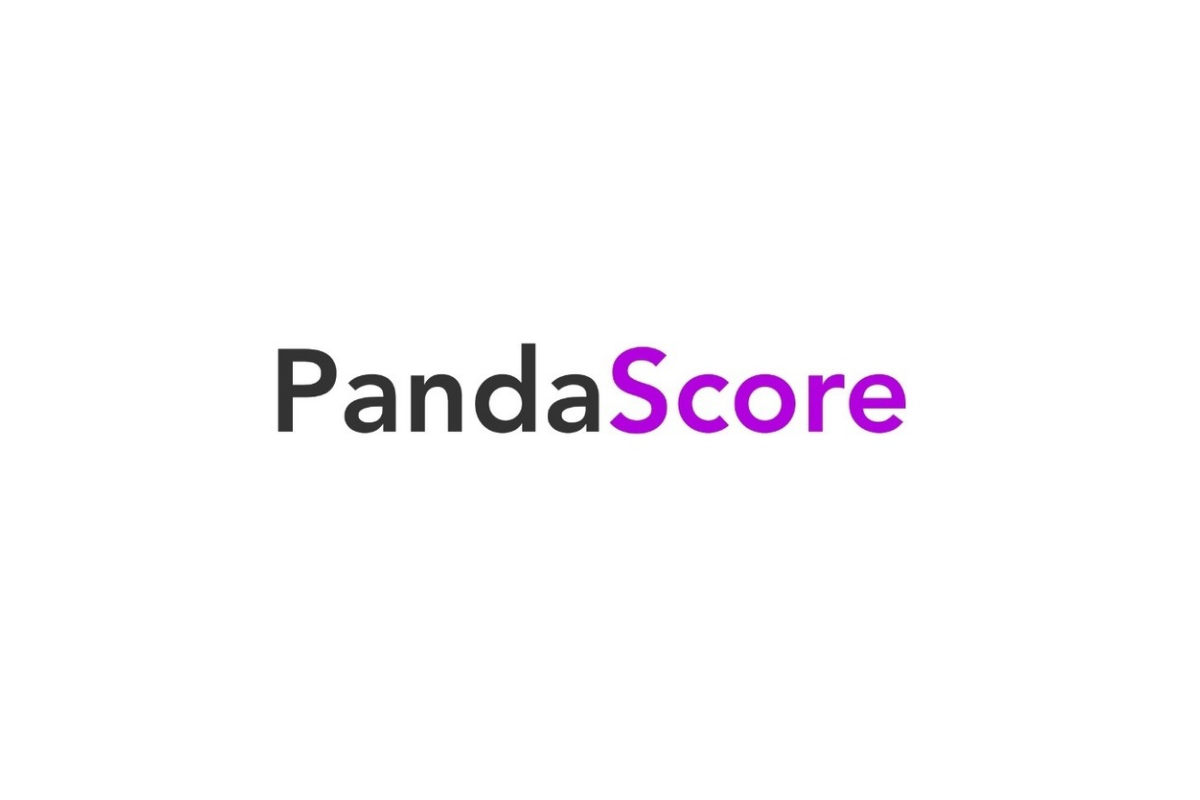
After a meticulous and measured research process in consultation with the needs of its clients, PandaScore has acquired a license to operate in the US state of Colorado.
Through the license, PandaScore has signalled its intentions in the US market: forging a supplier-led path to esports betting success in the US. Existing PandaScore clients can now enter the Colorado market, scale up their esports offering and build their future audience in the state’s esports-friendly regulatory framework.
Future clients can also be confident that working with PandaScore supports their growth strategy in the lucrative US market. The state’s esports-friendly regulatory framework serves as a solid foundation to cultivate an esports audience and take advantage of PandaScore’s innovative, revenue-driving products such as BetBuilder, player props and microbetting.
PandaScore selected Colorado as its first point of entry into US licensing thanks to the state’s large catalogue of esports titles and competitions that are eligible for regular betting, and the wide range of markets that can be offered. Additionally, the state’s flexible and innovation-friendly licensing regime makes it a strong market for PandaScore and its clients.
Securing the license also serves as proof of concept for the French esports supplier, PandaScore Legal Counsel Alexis Brunet noted that “securing the Colorado license is a strong signal of our intentions in the US and are serious about its potential. Esports in the United States is a fast-evolving regulatory environment, but it’s only going in one direction: expansion. We intend to provide our best-in-class products and services to our customers no matter where they are, and service one of the largest markets in the world.”
For PandaScore CEO Flavien Guillocheau, entry into Colorado in the US market was the natural next step in the company’s client-first, service-oriented approach: “For esports to succeed in the US, suppliers must lead from the front. Suppliers need to address the uncertainty around regulation which has held back operator investment and thus growth of the vertical.
“We’ve proven we know the market, get a license efficiently and do it in a way that puts operators first. We’re confident that if our clients are seeking entry into a given market, we can be completely straight with them, show them the viable pathway to success, and create the foundation and access they need to fully harness the potential of esports in one of its biggest consumer markets.”
-
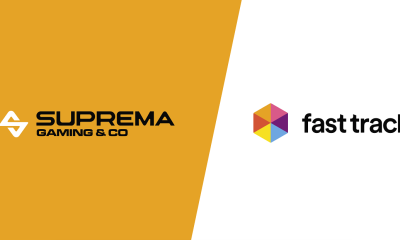
 Latest News3 days ago
Latest News3 days agoFast Track Secures Landmark Deal with Suprema Group – Setting a New Standard in the Brazilian iGaming Market
-
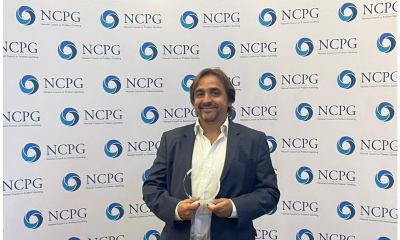
 Gambling in the USA5 days ago
Gambling in the USA5 days agoBetBlocker Recognised for Outstanding Contribution to the Prevention of Gambling Harm at NCPG Awards 2024
-

 Latest News3 days ago
Latest News3 days agoLight & Wonder Expands Presence in Oregon with Additional Placements of KASCADA Dual Screen Multi-Games
-

 Industry News4 days ago
Industry News4 days agoPenn Entertainment to Lay Off About 100 Employees
-

 Latest News3 days ago
Latest News3 days agoRakin’ Bacon Sahara® Launches Exclusively in New Jersey at Hard Rock Hotel & Casino Atlantic City and online at Hard Rock Bet
-

 partnerships3 days ago
partnerships3 days agoGGPoker & Triton Poker Offer High-Roller And Super-High-Roller Events At 2024 WSOP Paradise
-

 Latest News3 days ago
Latest News3 days agobet365 Announces Official Launch in Pennsylvania
-

 Daily Fantasy Sports5 days ago
Daily Fantasy Sports5 days agoDraftKings Becomes Official Partner of the WNBA





